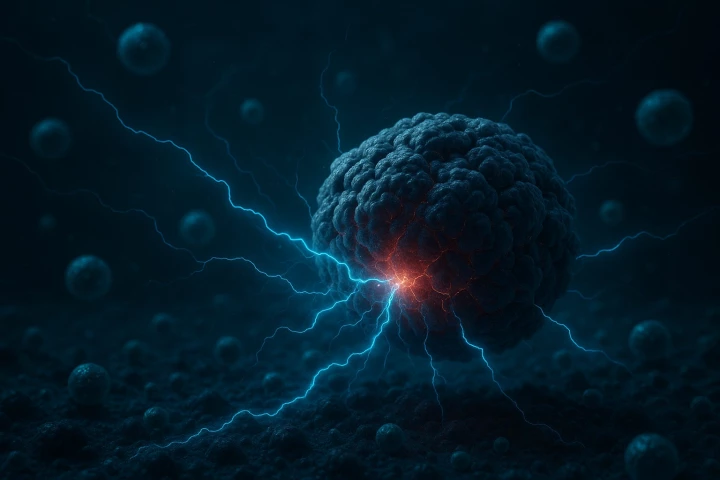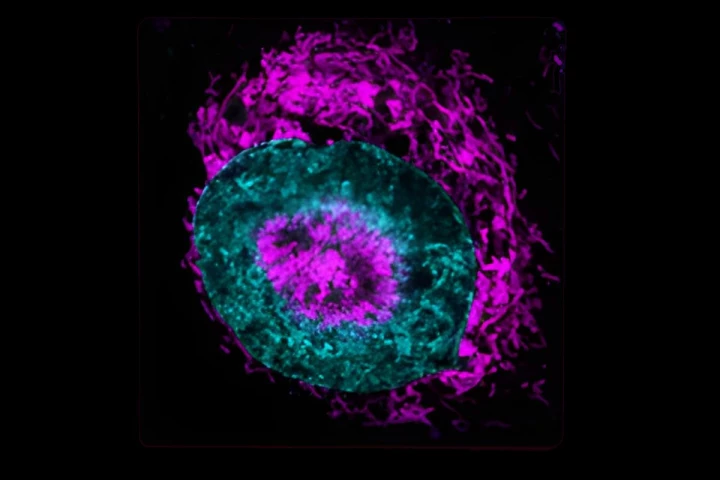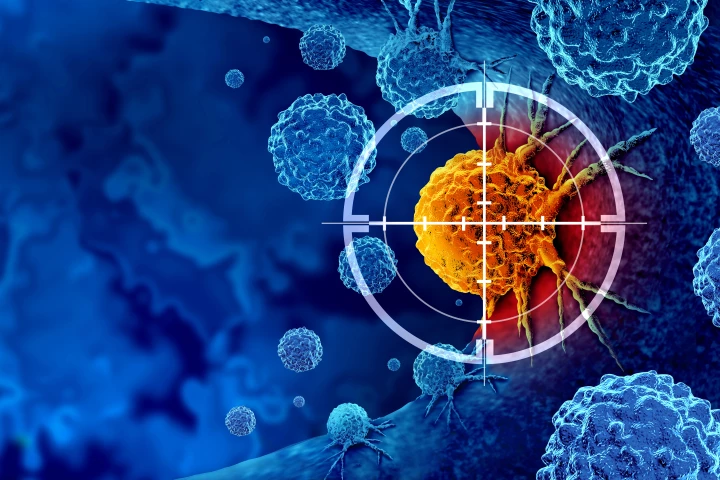Tumors
-
Bitter taste receptors inside cancer cells have been found to be activated in the presence of anti-cancer drugs. Shutting these receptors down could make the cells more susceptible to drug treatment and help us fight the disease more effectively.
-
In a groundbreaking study, a healthy fatty acid in olive oil has been found to "supercharge" immune cells that fight cancer. Meanwhile, another kind of natural fat undermines the health of the same cells, killing them off and triggering inflammation.
-
An inexpensive, over-the-counter form of vitamin B3 cut new skin cancers by an average of 14% in a study of more than 33,000 people. Among those who began taking a daily dose after a first diagnosis, the risk of a repeat skin cancer fell by up to 54%.
-
A study involving more than 1,000 cancer patients has found that a low dose of aspirin halves the risk of colorectal tumors returning after surgery. This readily available and affordable treatment could change the health outcomes of many survivors.
-
A new breakthrough removes the dangers involved in a process called STING, in which the body's own immune system can be enlisted to fight cancer. The finding clears the way for a powerful, and safe, weapon against tumors.
-
A carotenoid widely available in fruit and vegetables, and as a supplement, has been found to bolster the cancer-killing capacity of immune cells. It could be a valuable ally in immunotherapy treatment, helping to shrink tumors more effectively.
-
Researchers have discovered a secret super power that cancer cells exhibit while squeezing themselves through our bodies. The finding now gives scientists the chance to discover the kryptonite that will sap them of this extra boost of strength.
-
A promising new treatment to combat "undruggable" cancers has been green-lit for a human trial. It's hoped the novel drug will be able to stunt the growth and enable the effective treatment of cancers driven by the MYC oncogene and its MYC protein.
-
We could be on the verge of a major cancer breakthrough, with a new nanoparticle-based vaccine reportedly obliterating pancreatic cancer cells in preclinical trials. This success now takes it a step closer to a first-of-its-kind human trial.
-
Working with a line of colon cancer cells, Korean researchers figured out a way to throw a few genetic switches to cause the cells to revert back to a healthy state. The technique could have major implications in the way we approach cancer treatment.
-
Researchers have developed an AI model that can spot bits of brain tumors that surgeons may miss while removing them from patients. It can detect these remaining tissues in as little as 10 seconds, and help prevent post-procedure complications.
-
T cells are our first line of defense against cancer, but the battle tends to exhaust them. Now, scientists have found a way to give them extra “batteries” to keep them fighting longer, with promising early results in mice.
Load More











